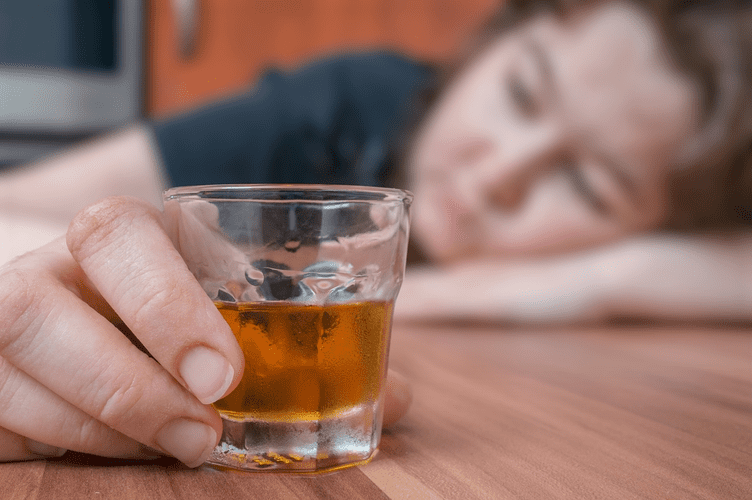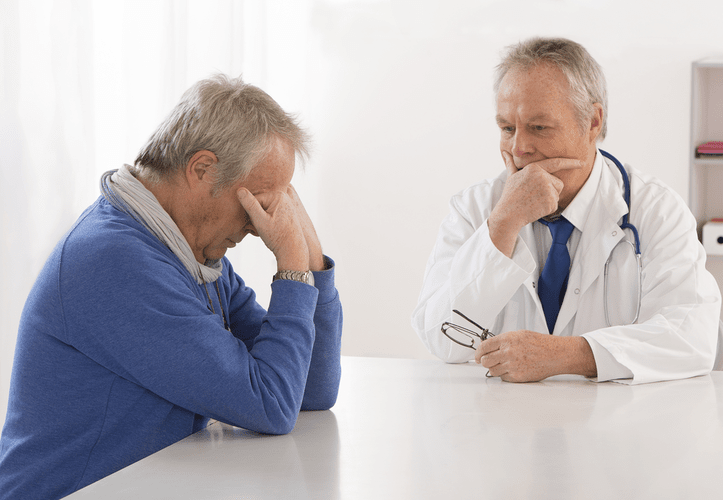Alcohol and insomnia: Possible risks and more
You may feel exhausted at times due to the amount of mental energy from maintaining the task of not drinking. When a person drinks alcohol, doing so in small or moderate amounts several hours before sleep can reduce the chance of sleep issues. They may turn to alcohol to reduce their anxiety symptoms, which also increases insomnia, exacerbating their anxious feelings. If a person chooses to consume alcohol, drinking in moderation several hours before bed is the best practice for avoiding sleep disturbances.
Stage 2: Aware—“I Know What I Don’t Know”
It was only after I learned about how humans learn did I realize that my experience was perfectly normal; there was absolutely nothing wrong with me. If you have been feeling the way I felt in your journey of learning not to drink alcohol, I hope this perspective can help you make sense of your experience. Discover how routine in recovery can make a difference for you or a loved one. From healthy habits to family support, find your path to a brighter future. Caffeine, a stimulant found in coffee, tea, and some soft drinks, can interfere with your ability to fall asleep. It’s advisable to limit your caffeine intake, especially in the afternoon and evening.
Who’s Napping, How Long, and What Does It Mean for Our Health?
This altered sleep architecture during alcohol withdrawal is considered a contributor to relapse, as individuals may use alcohol in an attempt to restore sleep normality. Thus, understanding and addressing such sleep disturbances is critical during the recovery process. Even as the harsh symptoms of withdrawal fade, sleep disturbances could persist.
- While these can be helpful, especially in the months after quitting drinking, the importance of biochemical repair for alcohol withdrawal cannot be overstated.
- While some people find that drinking alcohol helps them fall asleep more easily, alcohol ultimately has a negative impact on sleep.
What Do We Really Think of Later School Start Times?

Participation in support groups allows dismissing misconceptions and fears about insomnia. Hearing others’ stories nurtures hope and resilience, while offering practical advice on overcoming sleep challenges. The collective wisdom of support groups can be the key to conquering insomnia. Your sleep debt is compared against your sleep need — which is the amount of sleep you need. Your sleep need is determined by genetics and it varies from person to person.
Craving Sugar After Quitting Drinking? Here’s Why – And How to Cope

For people who snore or who have sleep apnea—a disorder that causes repeated pauses in breathing during sleep—drinking alcohol tends to aggravate symptoms. The typical sleep cycle begins with three non-rapid eye movement (NREM) stages of sleep and ends with rapid eye movement (REM). Each stage is https://ecosoberhouse.com/ necessary for sleep to feel refreshing and for vital processes like learning and memory consolidation to occur. Alcohol withdrawal insomnia may clear up when withdrawal symptoms subside. But research shows sleep fragmentation from alcohol use can last one to three years after you quit drinking.
Stage 4: Alive—“I Can Forget What I Know”
RISE can tell you when to do 20+ sleep hygiene habits at the right time for your body clock to make them even more effective. As an extended care treatment facility, Midwest Recovery Centers serves to provide intensive recovery treatment for alcohol addiction as well as other life problems. Contact us today to see how we can help you or your loved one begin recovery. There are also several steps you can take to improve your quality of sleep and quality of life.
- Engaging in regular exercise can have a positive impact on your sleep.
- And you’ll find that you can fall asleep more naturally, because you’ve developed a healthy, biological sleeping pattern.
- It was only after I learned about how humans learn did I realize that my experience was perfectly normal; there was absolutely nothing wrong with me.
- Daily drinking can have serious consequences for a person’s health, both in the short- and long-term.
- Including giving you the ability to fall asleep without alcohol.
- Positive activities like yoga, meditation and warm baths are a great way to soothe your senses, without causing any long-term issues.
- Stopping the use of alcohol because it is causing problems in your life takes courage and commitment.
- There are also several steps you can take to improve your quality of sleep and quality of life.
- A 2019 study showed that individuals who sleep for under 6 hours each night have a 20% higher chance of heart attack than individuals who sleep between 6 and 9 hours.
Remember that support is available if you feel lost in the process. You are not alone, and restoring peace and freedom is more than possible. While alcohol may provide temporary relief from sleeplessness, relying on it as a sleep aid can have negative can’t sleep without alcohol consequences. Consuming certain substances, such as alcohol, can disrupt sleep schedules. This is because alcohol works as a central nervous system depressant. This article will use the terms “male,” “female,” or both to refer to sex assigned at birth.
